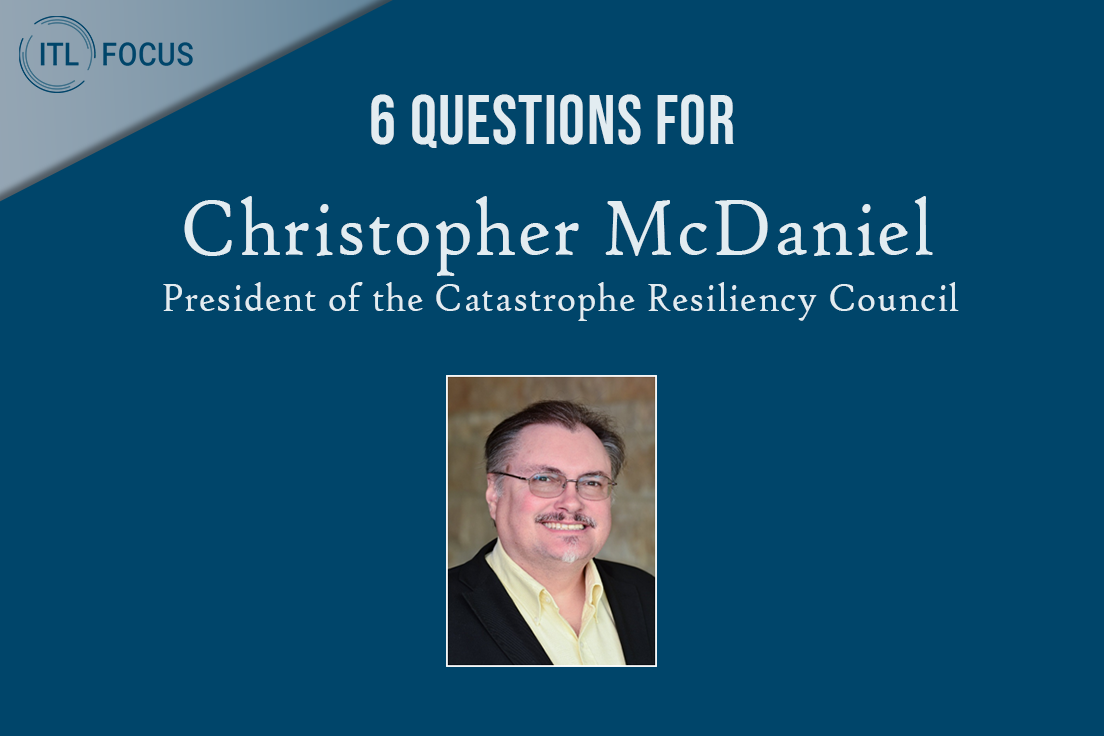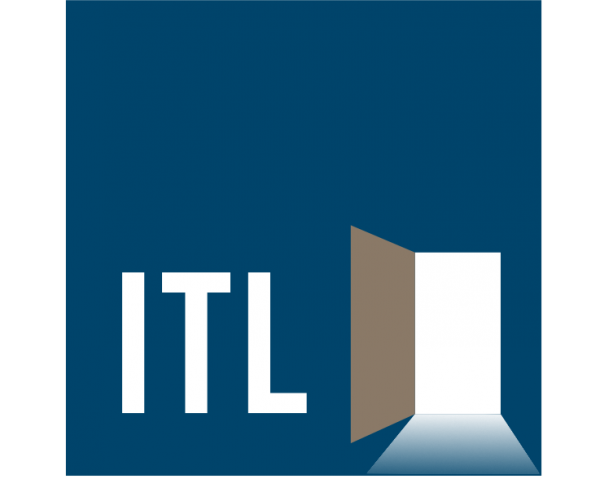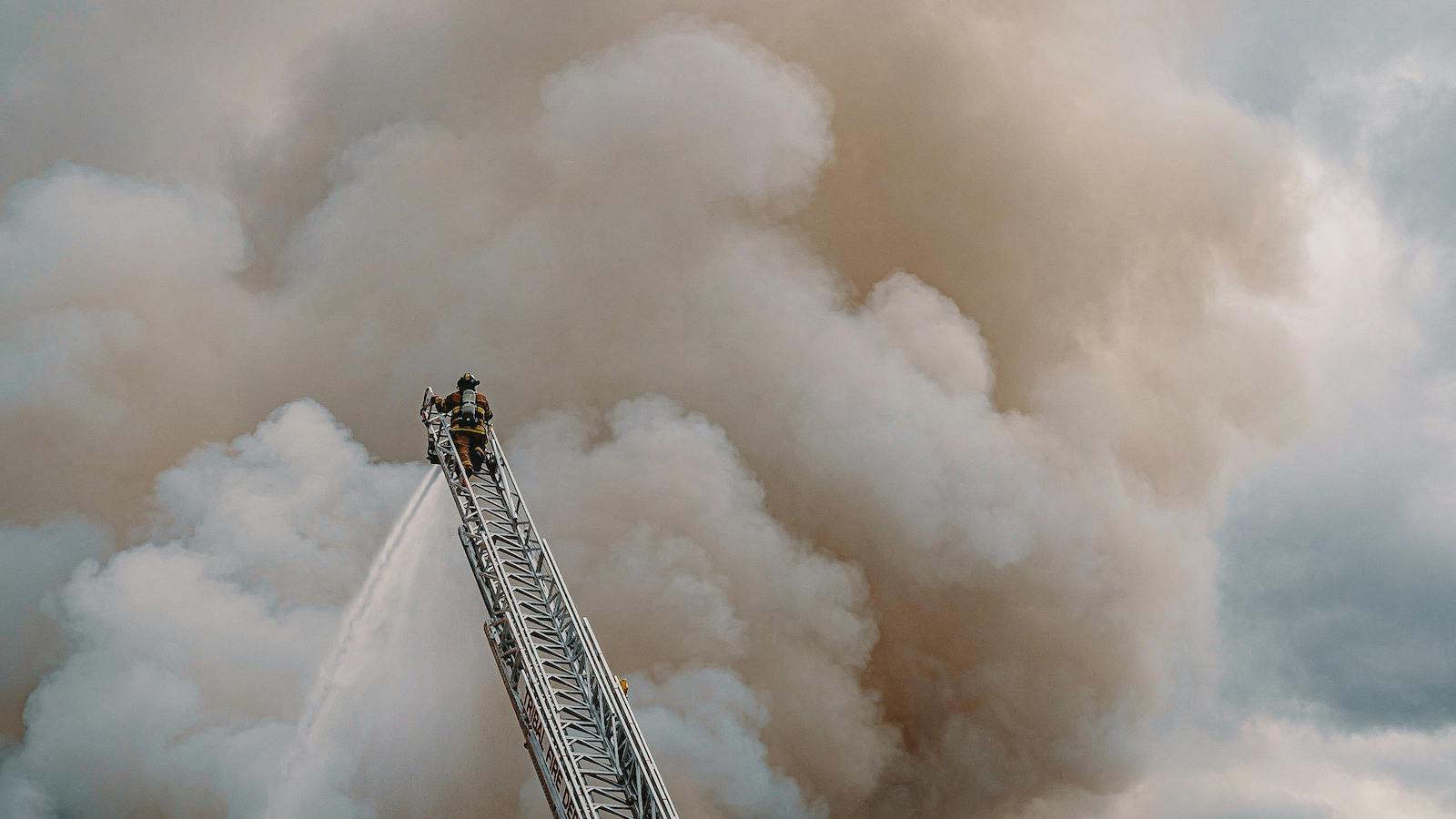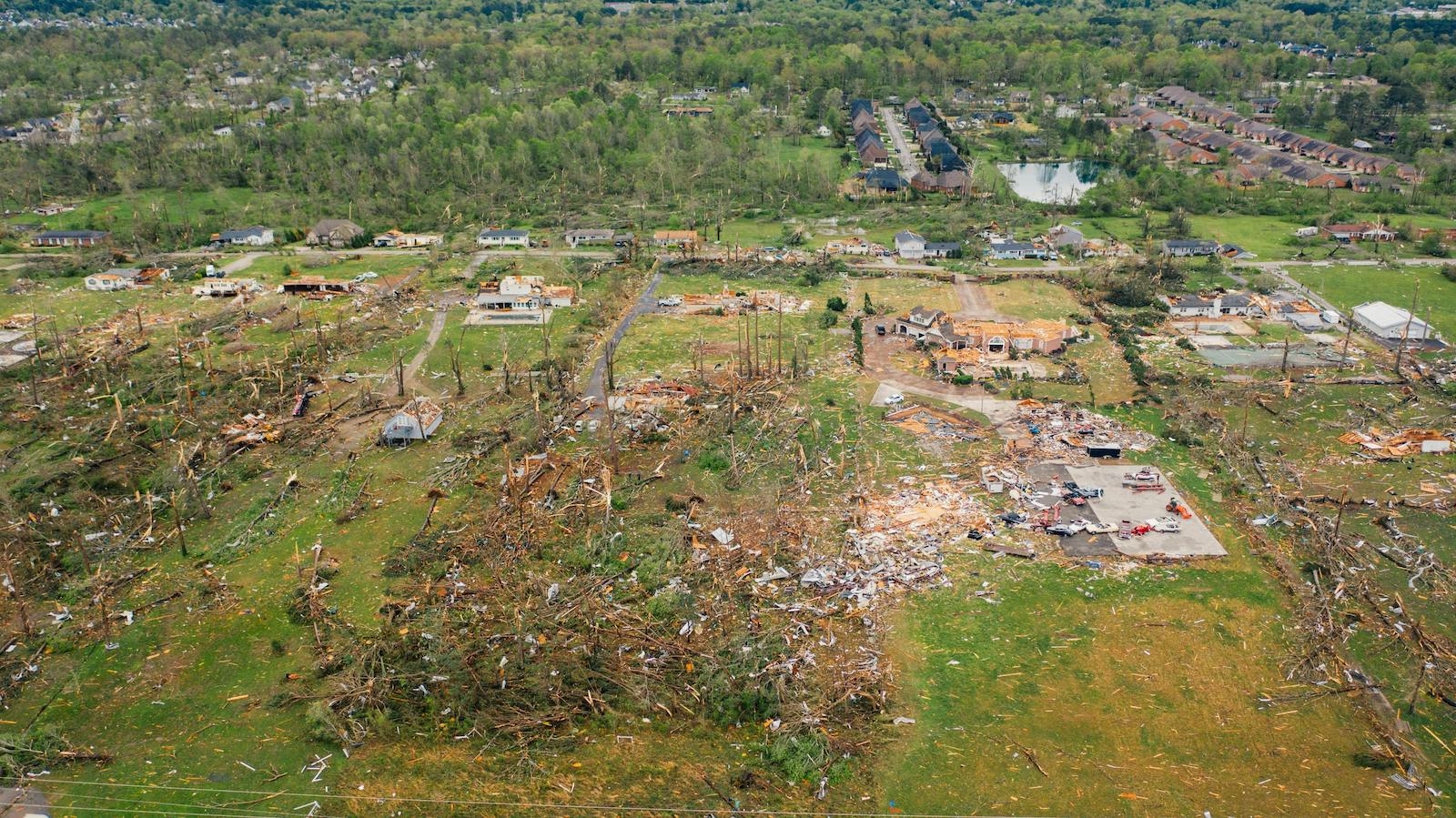As part of this month’s ITL FOCUS on catastrophic weather, we spoke with Christopher McDaniel of the Catastrophe Resiliency Council on how the industry is banding together to establish data standards that will help tackle the problem.
ITL:
Let’s start at the beginning. Please tell us a bit about how the Catastrophe Resiliency Council got started.
McDaniel:
There was a precursor project, it wasn't really an organization, that started in 2020 and lasted about a year. It was something that a whole host of industry players asked us at The Institutes to do. Once that was completed, we established the council in May.
When everybody sees the name CRC, they think resiliency is outwardly facing to the consumer, but we're really not doing anything consumer-facing. Everything we're doing is to prepare the industry. The key thing we're working on now is catastrophe modeling standards.
At the moment, there are three or four major vendors out there that provide catastrophe modeling tools, but each has its own language, The carrier has to exchange information with the broker, and a broker has to exchange information with the reinsurer. It's just like the Tower of Babel. We're all speaking different languages.
The result is a process where participants have to manually translate the data from one format to another format. Sometimes, there is more than one translation, which is kind of like making a photocopy of a photocopy. You wind up losing data over time.
So, we’re driving the adoption of a standard.
ITL:
Standards can be tough, in my experience in the high-tech world. Everybody wants a standard as long as they’re the one who gets to set it. How has the experience been for the CRC?
McDaniel:
The standard was created in Europe by a group called Oasis. They created an open standard – which we spent that first year validating, on behalf of the industry, to make sure it was a good standard. Now what we’re doing is promoting a universal translator, if you will. Every language can be translated to that open standard, so we don't lose the fidelity.
CRC didn't create the standard, and we didn't create the translation tool, but we're the ones driving the process of getting the standard adopted and getting carriers, brokers and reinsurers certified. We want everybody certified, so everybody in the industry knows that if they're talking to another organization then they’re all speaking the same language.
ITL:
Once you have everybody speaking the same language, how does that translate into practical effects?
McDaniel:
Ultimately, the idea is to have a common database that everybody's using. It will be protected, so everybody knows that their proprietary information won’t be shared. But we’ll do things like create a database for exposures. We’ll go into common standards for contract language, to give everybody a foundation. Once we get everybody on the same page, we’ll be able to do so many other things.
ITL:
I assume a lot of operational efficiency will result.
McDaniel:
Yeah, there are armies of people at the carriers, brokers and reinsurers doing nothing but translate back and forth manually – while that photocopy gets blurrier and blurrier all the time.
ITL:
And are all the various entities playing nice with each other thus far?
McDaniel:
Yeah, they actually are, because this is not something that we're pushing on them. This is something the industry is asking for from us. The challenge is getting the vendors that have the proprietary standards. And we have three of the major ones on board.
ITL:
Are you tackling hurricanes first, or what is the road map in terms of the kinds of disasters you’re modeling?
McDaniel:
The approach is more by type, and we’re starting with property – whether that means a hurricane, earthquake, fire or whatever.
Eventually, we’ll get to other types, including cyber.
ITL:
How can people track or even participate in what you’re doing at the CRC?
McDaniel:
As an educational thing, we have something called the Catastrophe Resiliency Network. There’s a podcast and a news magazine. We just finished a podcast that’s going to be released in the next week or two and have five or six more that we're going to be recording around catastrophe modeling and how catastrophe changes affect industries.
ITL:
Thanks for taking the time. Best of luck. And please keep us apprised of your progress.






